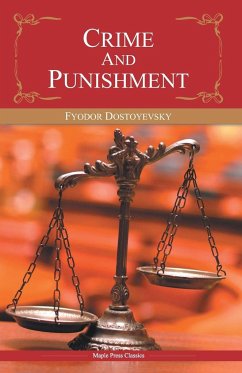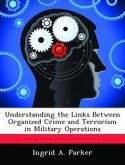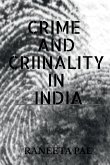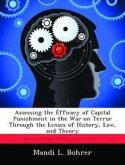Regarded as the world's greatest novelist and literary psychologist, Dostoevsky makes his works readable and enjoyable by presenting the political, social and religious issued of the 19th century Russia. This novel also comes in this line. The plot unravels the story of a poor university student Raskolnikov contemplating long and finally murdering an unscrupulous old pawnbroker for her money. He evades the hands of law, and even justifies his act that murder is permissible to attain a higher purpose and that the old pawnbroker deserves to be mudered. However, with the encouragement of his lady love Sonia, he confesses before law and is sentenced to eight years of hard labour pervades, and withe his release, he undergoes rebirth and resurrection. Basically, the novel carries the quintessence of Russian novels- the nature of good and evil. But beyond this, it also gives insightful treatment of themes like morality and atonement, and more essentially reverberates throughout the book, a religious call for redemtion through suffering.
Hinweis: Dieser Artikel kann nur an eine deutsche Lieferadresse ausgeliefert werden.
Hinweis: Dieser Artikel kann nur an eine deutsche Lieferadresse ausgeliefert werden.








